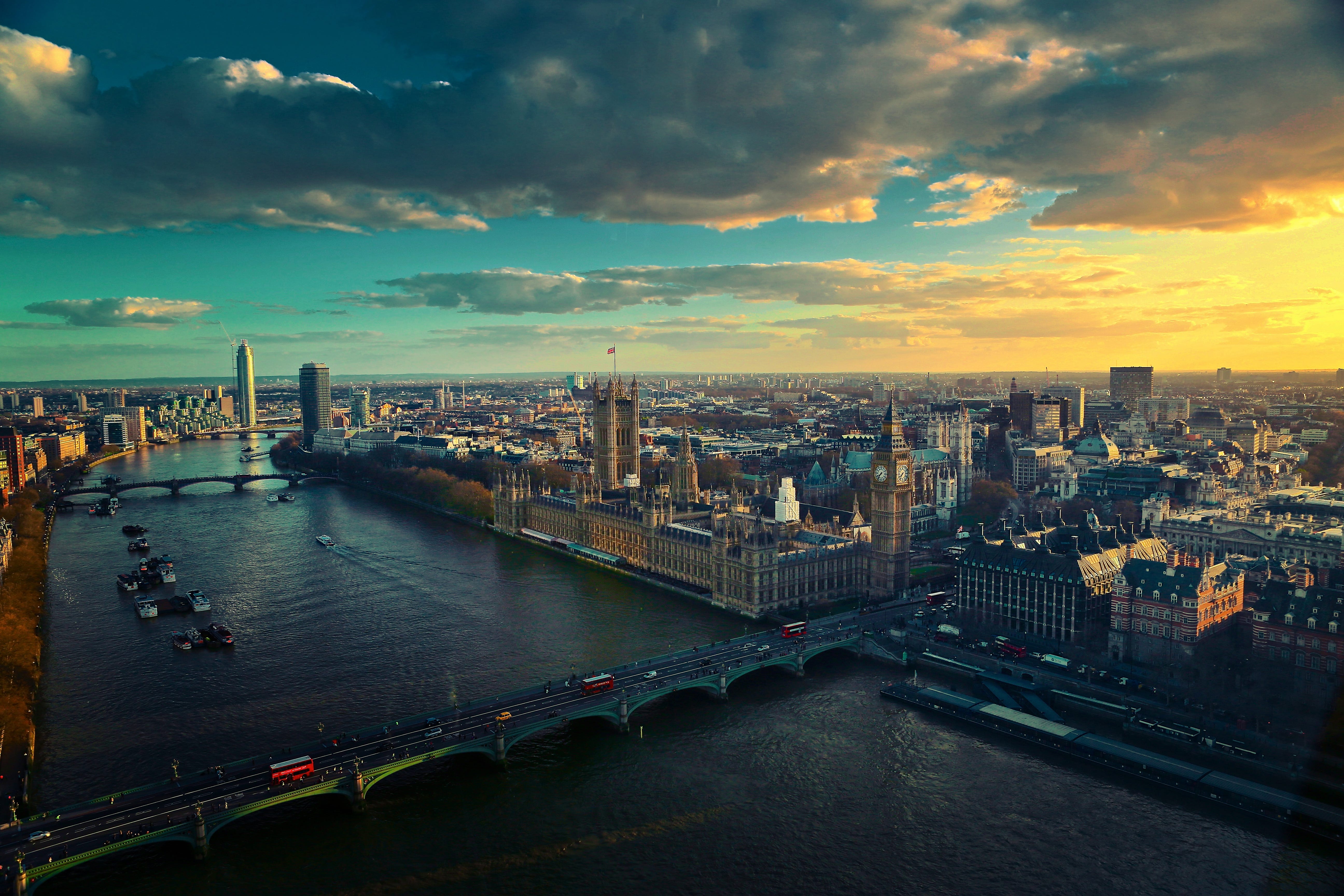Dave Olsen
 Soft power and hard power are very different, hence why the UK can beat out the US in the former. The difference isn’t whether or not they involve military force — although that is a characteristic of hard power, and not one of soft power. Soft power is the strength of a country to get others to co-opt their pursuits, whereas hard power is the strength to force countries to submit to your nation.
Soft power and hard power are very different, hence why the UK can beat out the US in the former. The difference isn’t whether or not they involve military force — although that is a characteristic of hard power, and not one of soft power. Soft power is the strength of a country to get others to co-opt their pursuits, whereas hard power is the strength to force countries to submit to your nation.
Understandably, the US has by far the most hard power due to its immense military presence all over the world, but the UK, due to its very good relations with former colonies and ability to stand up to the US, for example on Iran, means that it leads the way in soft power, and is one of only two global powers, the UK and China (the US is a superpower).
The UK’s only adversary over which it has very little soft power is Russia, and even then, it undoubtedly has much more sway than the US, for example, in spite of the current and growing tensions between the two countries.
Generally speaking, the UK (along with France, which comes very close to the top spot for soft power) is seen as the fair and balanced leader of the world, whereas the US is often seen as more dictatorial, adversarial, and unreasonable.
The best example of this is Iran, although there are numerous. The US, ever since the Iranian Islamic revolution, has implemented sanctions against the republic, whilst Europe, led by the UK, has attempted to find a middle ground between supporting its key ally, the US, and ensuring that the treatment of Iran is moderate and reasonable.
In recent years, the Iranian nuclear deal, which spelt the end of many sanctions in return for Iran ceasing its nuclear programme, has been threatened and torn up by Trump, and the UK, in the absence of American leadership, has taken it upon itself to ensure that the deal can be upheld on the European part, to avoid an escalation of tensions.
The radical action of the US and unpredictability of the country’s decision-makers both now and in the past has undoubtedly led to the US’ fall over the past year, and, although this report was written and published before the current government shutdown, the events like it of the past 2 years only lead to greater international disregard for the US.
The point here is that, whilst America could easily crush any other army, it is one of the most hated and feared nations on earth. This is due to a combination of both its aggression and its recoiling from the outside world. Aggressive foreign policy has made enemies of countries such as Russia, China, and Iran, whilst reckless action has led many allies (such as Spain, Germany, and Australia) to fear the US’ potential effect on world peace.

 “That Map” — Which country is the biggest threat to world peace? — according to respondents in each country
“That Map” — Which country is the biggest threat to world peace? — according to respondents in each country
The UK, meanwhile, along with France and Germany, is seen as reasonable and a country which can be worked with rather than against. It is still not afraid to exert power using military force (which is an incentive for countries to cooperate) but its action is rarely reckless or excessive.
How, though, will Brexit affect Britain? It seems that the consensus view is that the UK will suffer a fall in its global standing, but, provided it can secure a deal with the EU (which is perhaps looking less likely), it should be able to maintain its power or even grow.
Formal government policy is that the UK must seek to be a “global Britain”, in the words of the PM, by securing ambitious trade deals with developing countries and reaping the benefits of these deals well into the future. Contrast that to the EU and US, who bully poorer countries and attach unfair conditions to deals, and one sees how Brexit, if executed properly, could help to boost the UK’s global standing.
I doubt the competence of the government to seize this opportunity, but it is an opportunity nonetheless. Emulating China’s “One Belt, One Road” policy (albeit in a more sustainable and responsible way) could make the UK the leader of the developing world — and with that would come huge power.
All that is left to be seen is whether or not Britain can take the opportunities of Brexit, and begin a new era of global leadership.
No comments:
Post a Comment